Protecting students on campus should always be among a university’s top priorities, and Marquette is no exception. That said, many of the steps the Office of Residence Life has taken to promote student safety can be unnecessarily invasive, and sacrifice student privacy for the illusion of security.
As newly-minted adults, college students are given freedoms that may previously have been forbidden. There are no parents to enforce curfews, study habits or balanced diets. For most students, this is the first time they will be wholly on their own and capable of making their own decisions and their own mistakes. It is understandable why a university would implement safeguards for students.
Parents are usually more tepid toward their children’s newfound freedoms. Sensing this tepidness, the Office of Residence Life and the Marquette University Police Department promise extensive policies meant to protect students and ease parent concerns. These policies include the 2 a.m. residence hall curfew and the obligation of residence assistants to be mandatory reporters.
These practices do contribute to campus safety, especially in an urban environment, but not all of Marquette’s security measures have clear-cut justifications.
Residence life has little justification for many of its security measures, other than the broad promise of increased student security. The installation of security cameras on dorm floors, the mandatory reporting of non-crucial resident information to residence hall directors and the permission to enter rooms at the discretion of RAs are among these confusing practices.
Students at other universities, including private Jesuit institutions, reported several differences between their schools and Marquette. A freshman at Loyola University said that cameras in residence halls were restricted to the lobby, and permission to enter dorm rooms required 24-hour advanced notice.
No one is faulting Marquette for its promises of student safety, but when those practices are used more to monitor students than protect them, it breeds distrust not only among residents and residence life, but also among the Marquette community. When we incorporate extensive “protections,” it implies that without these protections, Marquette is an unsafe community. It encourages students to distrust one another as well as outside community members.
If a student is unaccustomed to urban living, they likely already have latent suspicions about campus culture, and these practices encourage that distrust and defeat the goal of a cohesive campus community.
Students can argue their privacy is being invaded, and administration can counter with assurances of security, but at the end of the day, college is the step between constant parental monitoring and the real world, and nobody is going to protect us from decisions we are bound to make regardless.
If the university expects to be educating adults, then it needs to treat students as such — this includes while students are living in the residence halls. This is not to say all of Marquette’s safety efforts are flawed or infantilizing; however, when measures are reworked or amplified without appropriate justification, we need to ask, if the practice is not a direct extension of Marquette’s guiding values or if it will not exist in the professional world, what benefit could it be offering students?
Protecting students from harm should be a top priority, but inventing security concerns for the sake of implementing invasive practices helps no one and breeds distrust.
We are adults, and sooner or later we are going to have to learn on our own how best to navigate the world. Increasing security measures on campus may appease wary parents, but a big brother mindset can only hurt students’ ability to fail, learn and grow.

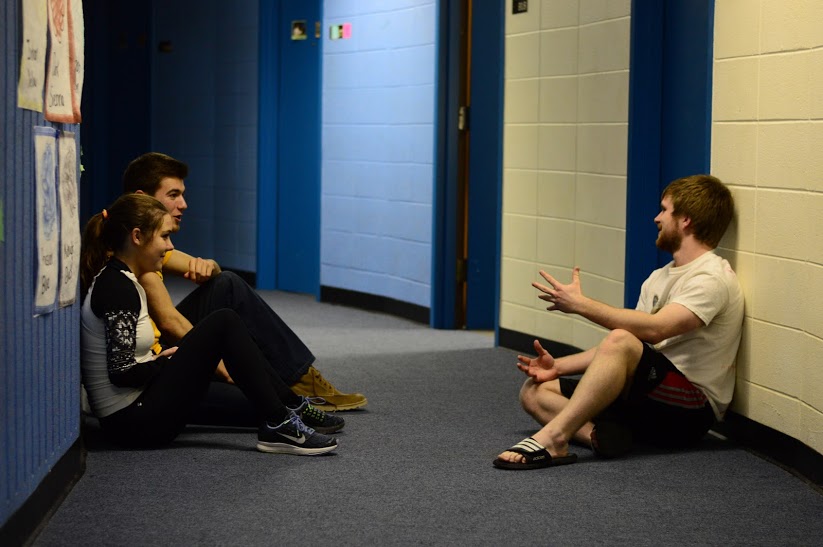

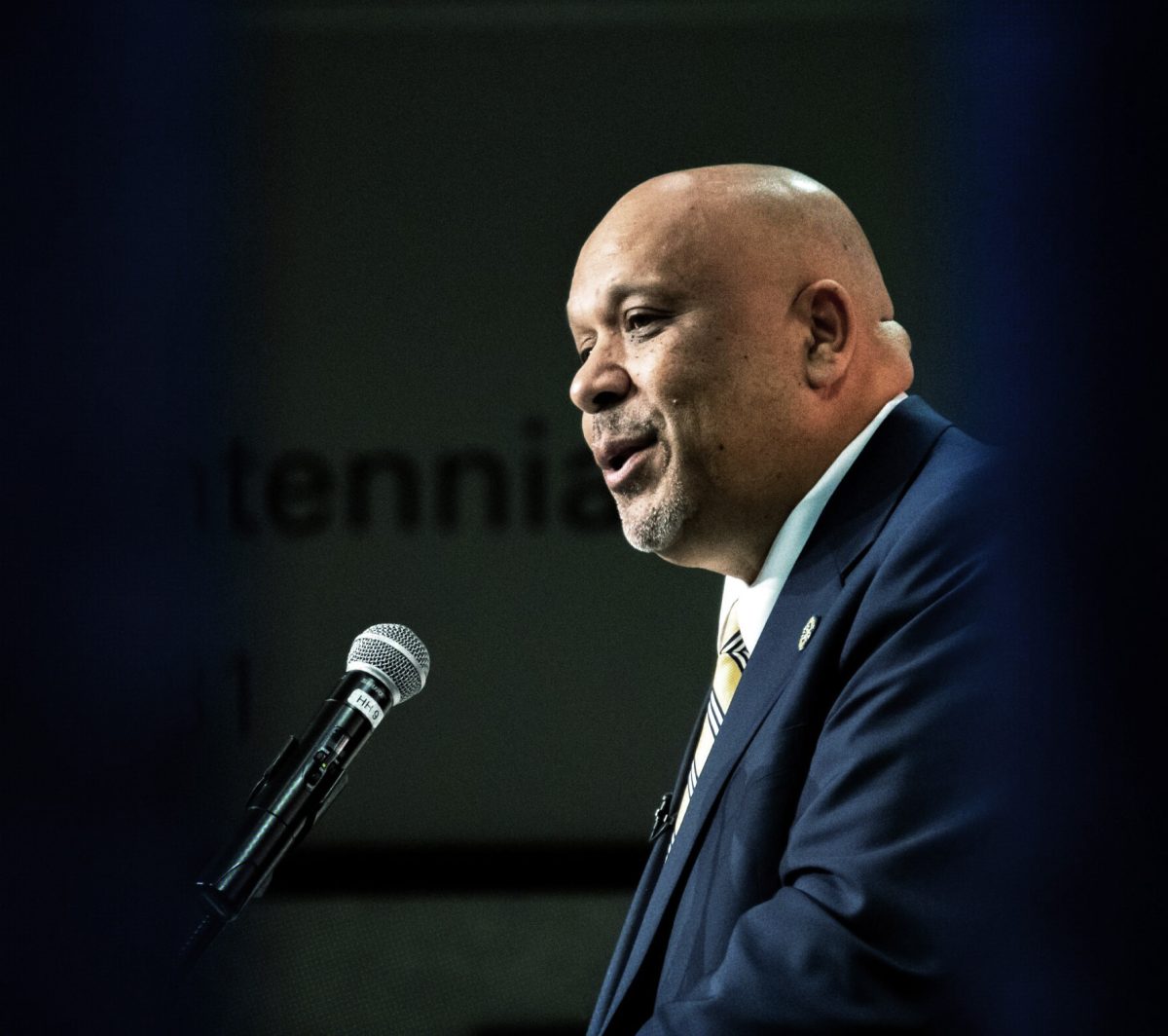

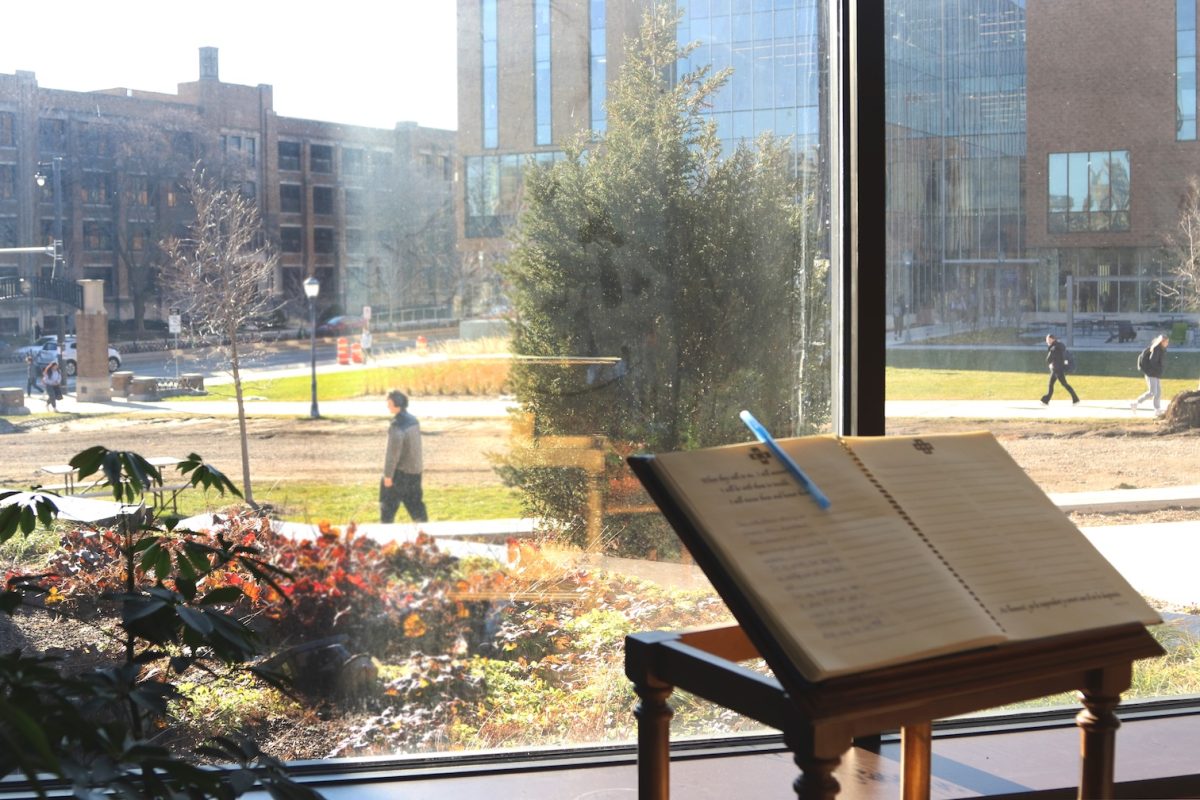
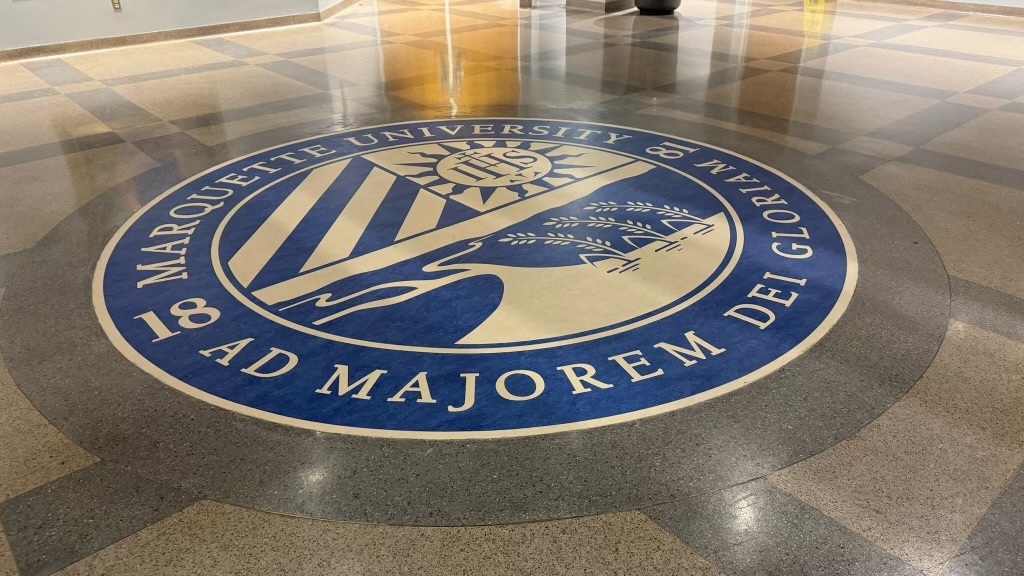
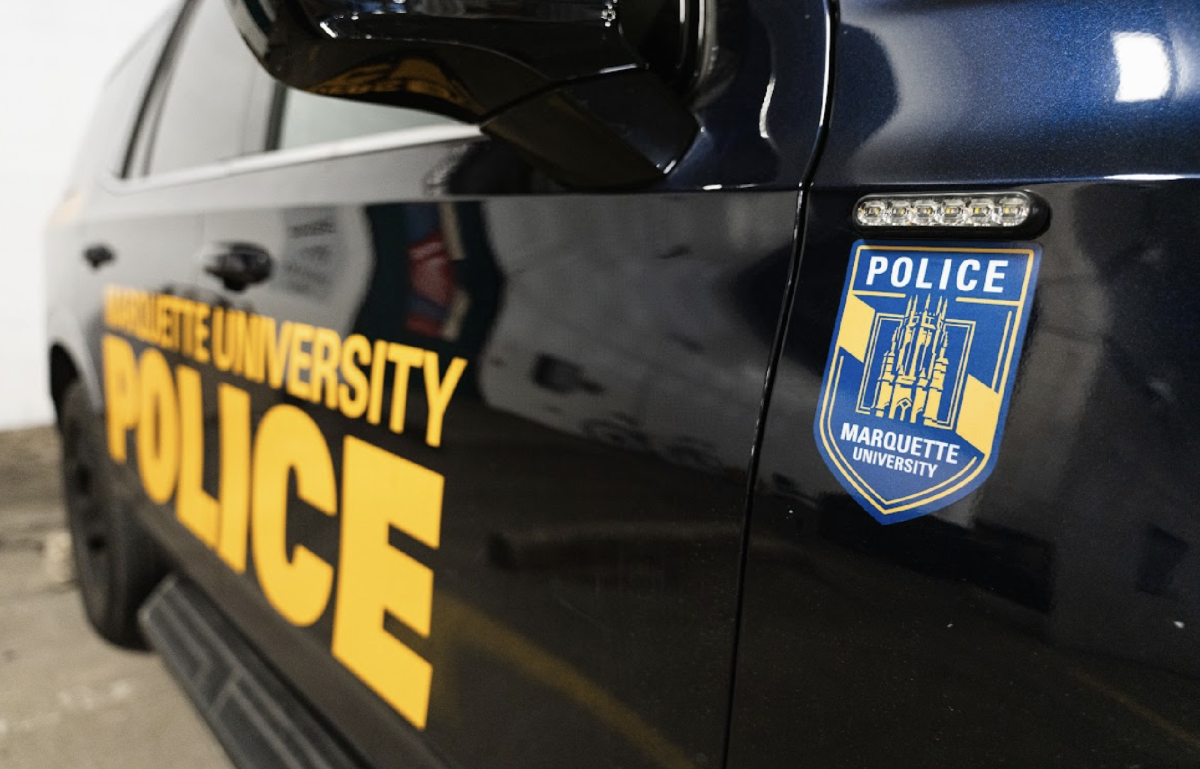
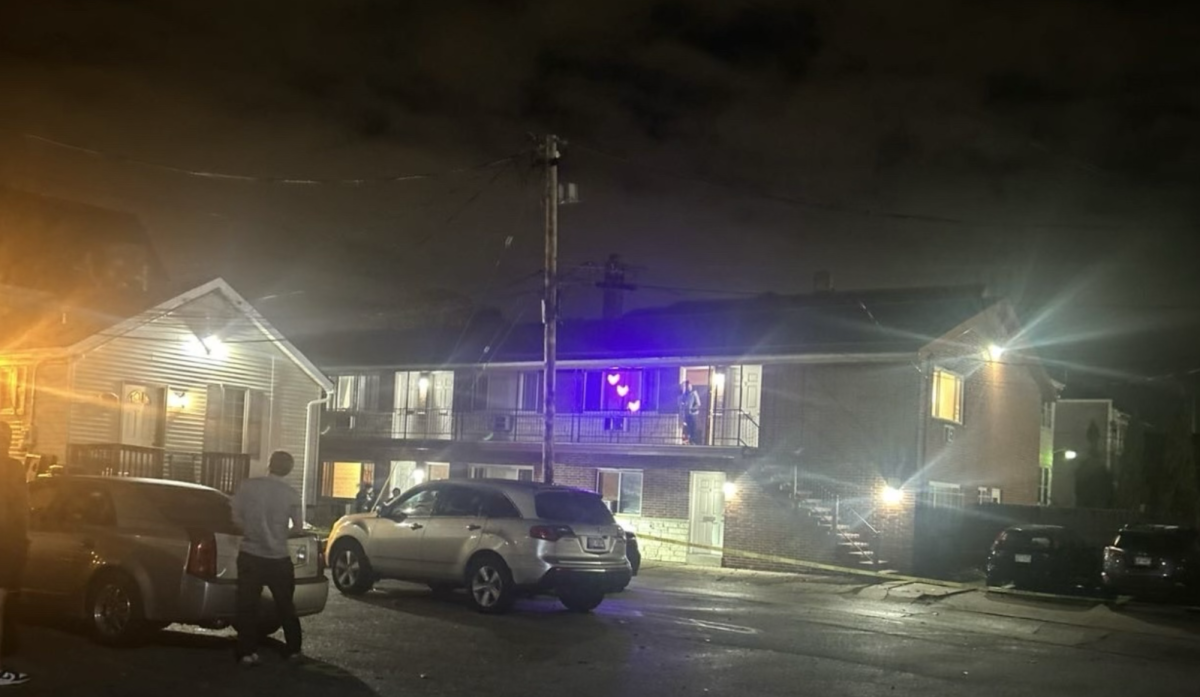
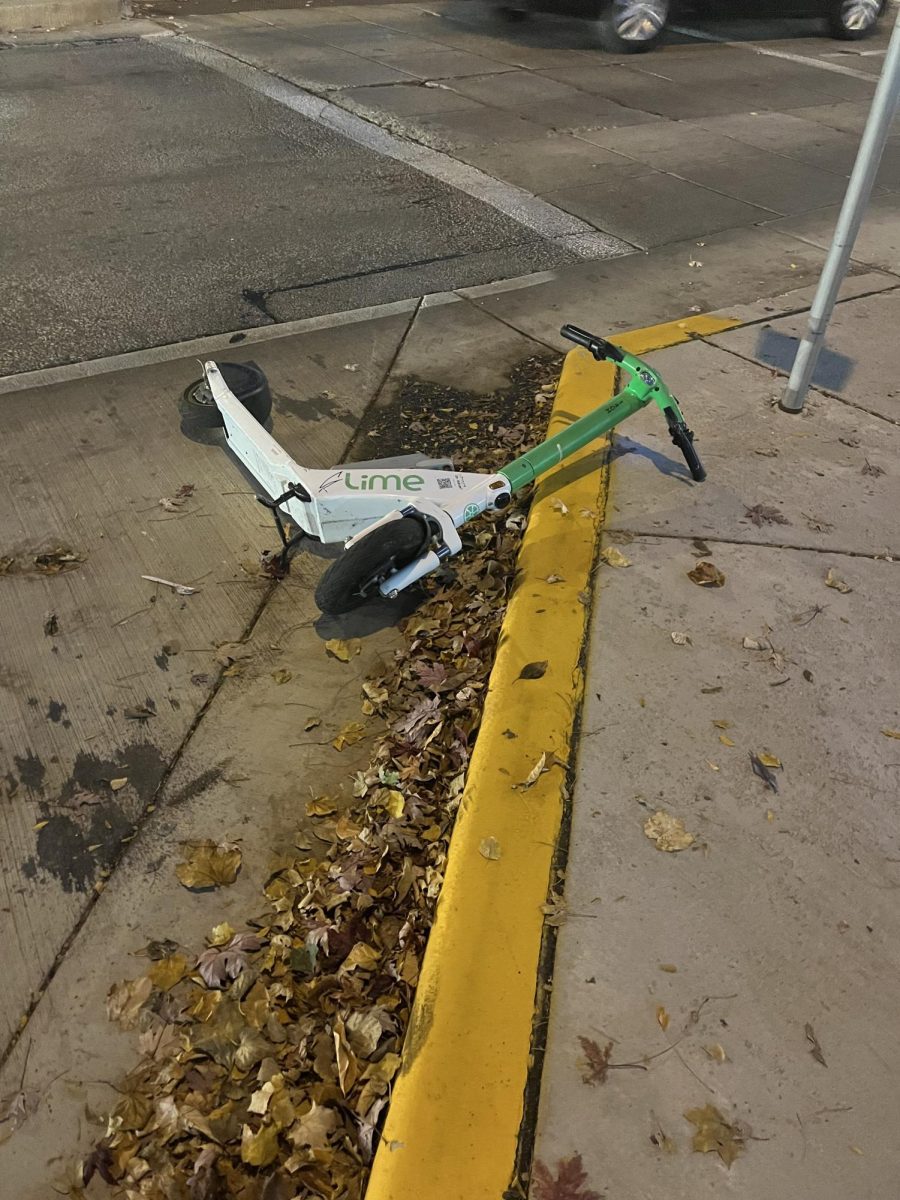

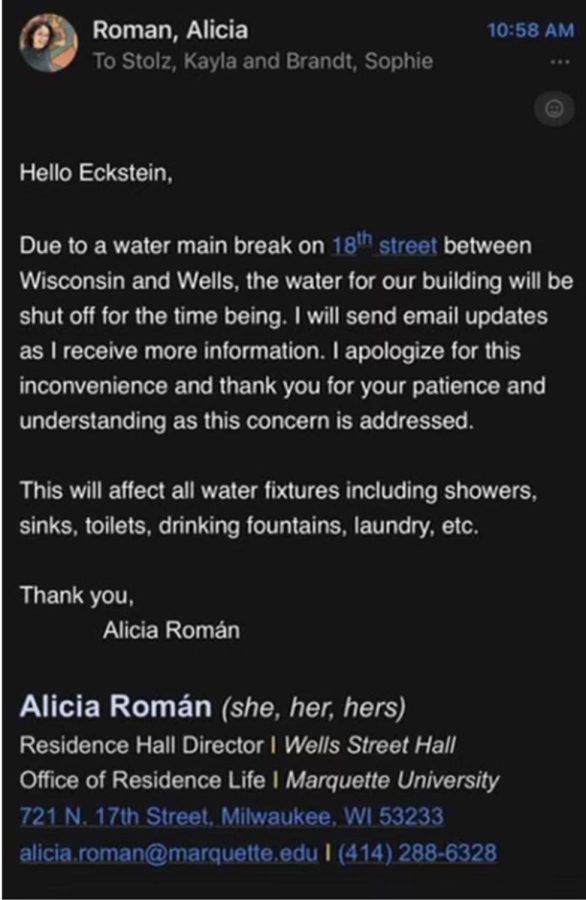
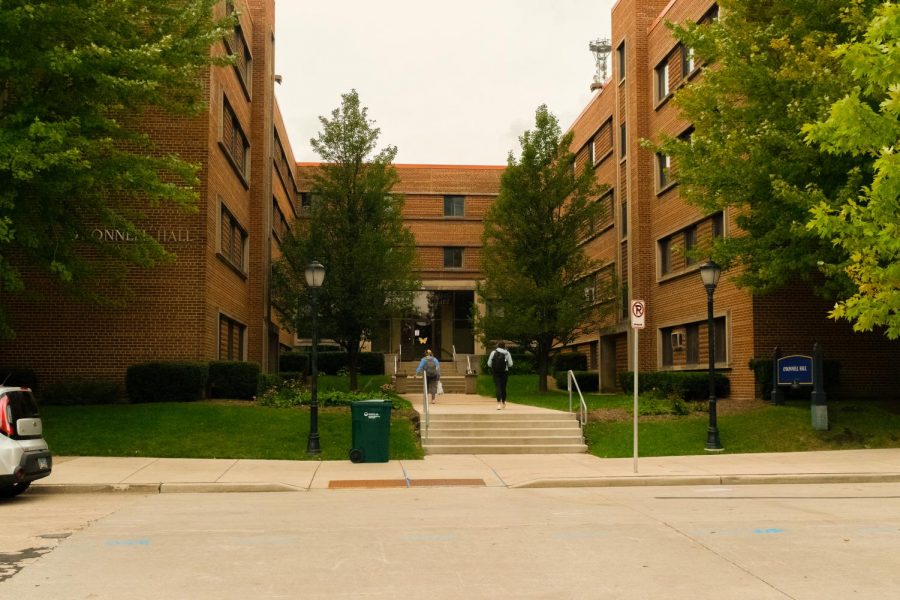
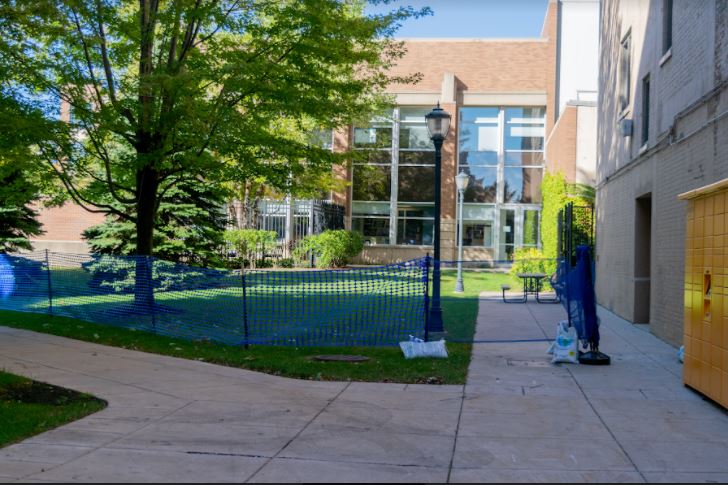
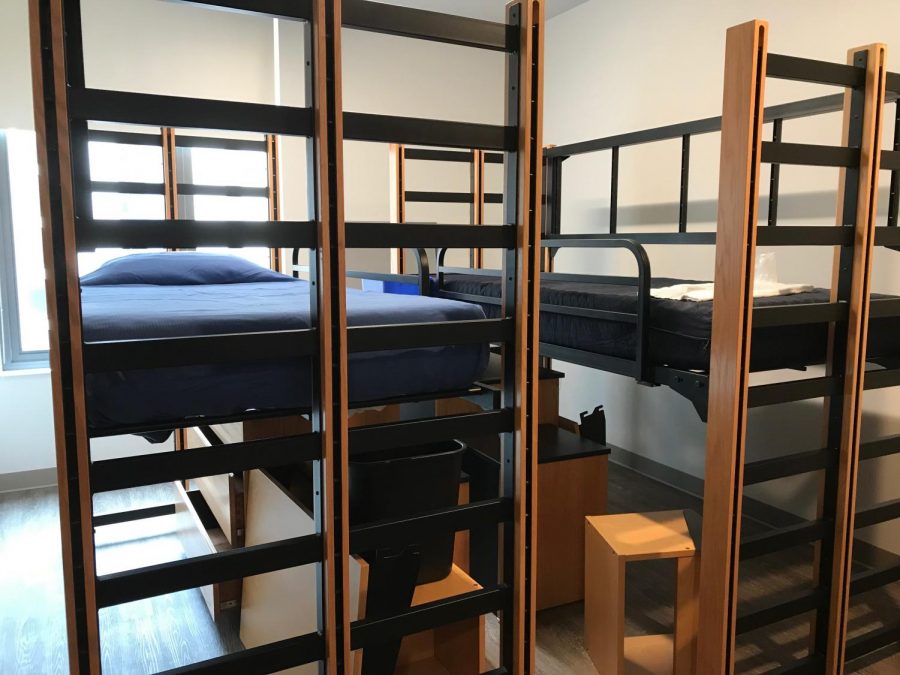
Joe Streator • Sep 6, 2017 at 12:19 pm
I enjoyed reading your perspective on Campus Security. The dilemma my alma mater has is to respond when a parent calls, and maybe files a lawsuit, saying that Marquette should have done more to protect their injured or dead child. Would like to see you publish a student round table discussion on that angle too.